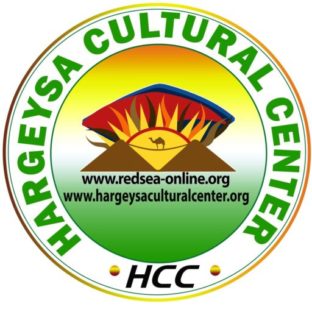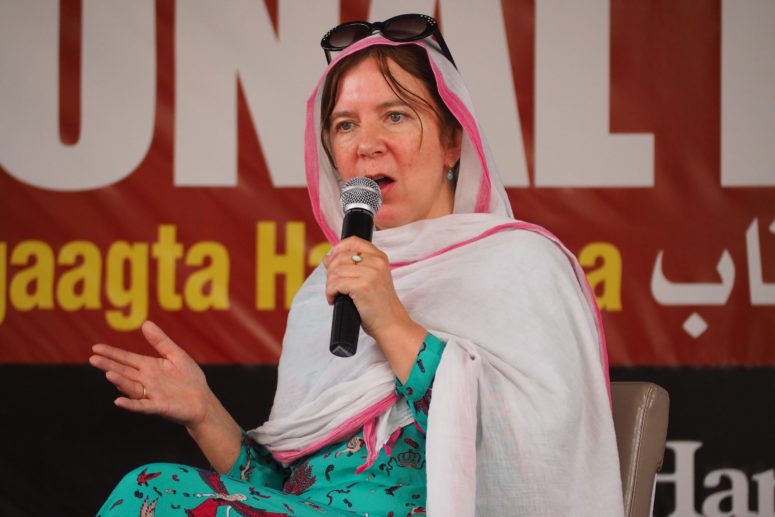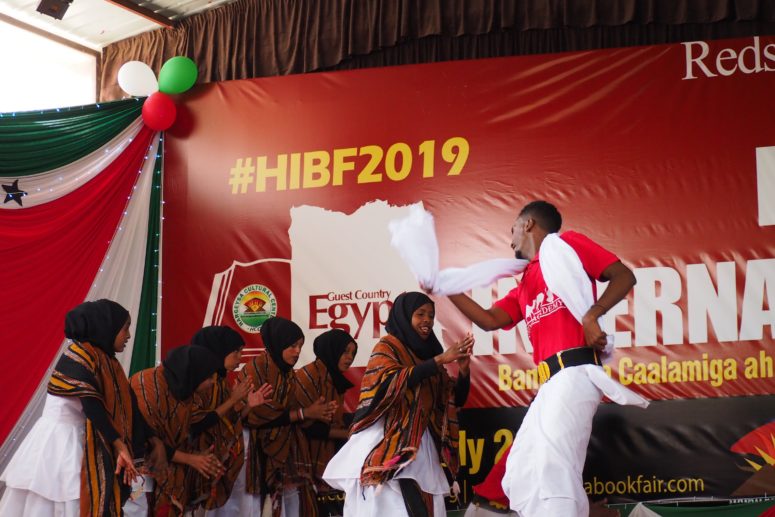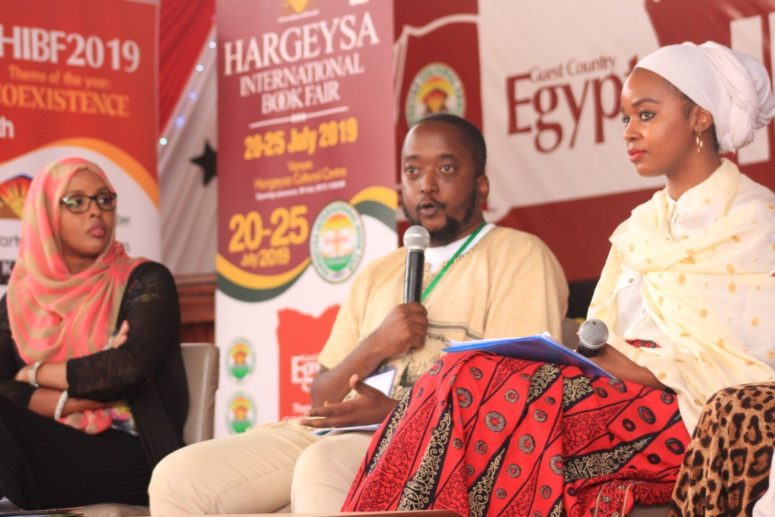Day 2 of HIBF 2019- Socio-Economic and Cultural Relationship between Egypt and the Somali Region, Academic Writing, Archival Research and Mary Harper’s Book Launch- Everything You Have Told Me Is True: The Many Faces of Al-Shabaab.
Fatuma Abdishukri Ahmed- 22 Jul 2019
Day two of the book fair was packed with insightful sessions. The first session was a panel discussion on the socio-economic and cultural relationship between Egypt and the Somali region. Ahmed Ibrahim Awale, one of the discussants presented a brief history on the trade expeditions arranged by Queen Hatsheput and King Sahure to Punt. He also presented on the political history of the two countries; how Khedive Ismail annexed the lands of Zeila and Berbera. During this occupation, the king introduced the tax system to the locals. The tax collected was used to finance the construction of infrastructures and facilities for the local community. The occupation also introduced a sort of indirect governance though Akils (tribal chiefs). This mode of governance is still practiced in Somaliland.

Panel on the socio-economic and cultural connections between Egypt and the Somali region.
During the course of the day, Mary Harper renowned BBC Africa editor launched her book ‘Everything You Have Told Me Is True: The Many Faces of Al-Shabaab.’ Mary Harper revealed her motivation to write this book was to give a voice to the people who have suffered at the merciless hands of Al Shabaab. In her book she notes that one way of resisting Al-Shabaab is by presenting people with alternative ways of thinking and giving them space to express themselves freely. She cites the book fair as an example of a safe space for young people.
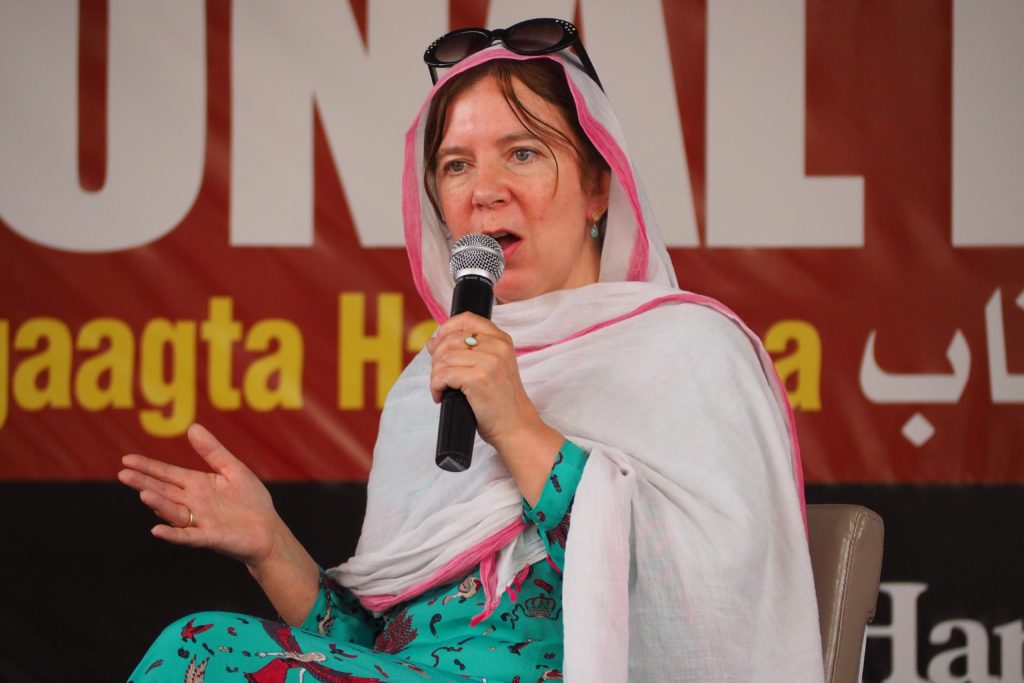
Mary Harper launching her book, ‘Everything You Have Told Me Is True: The Many Faces of Al-Shabaab.’
The panel discussion on academic writing was a powerful tool gifted to young academic scholars in the audience. The panellists provided the following tips when writing academic papers:
- Write in plain language – academic writing should be simple and straightforward.
- The first page should focus on what the academic paper is about and not the background information.
- Arguments presented should be clear to the reader. All arguments used should be backed by evidence.
- Always think about how to make your work appealing to a wider audience.
- Academic work should not be suspenseful. All arguments should be at the beginning and upfront.
- In order to eliminate the pressure of the daunting peer review system, young scholars should ease into academic writing by reviewing essays and books.

Panel on Academic Writing
When discussing her book, ‘Writing Spatiality in West Africa: Colonial Legacies in the Anglophones/Francophone Novel,’ Madhu Krishnan talked about the challenges she faced when doing archival research. Some of the challenges she expressed include: getting funding to travel, difficulty in understanding some of the documents found in the archives and the process being time consuming since some archives lack catalogues. Despite these challenges Madhu Krishnan recognized the importance of looking at primary documents when conducting research.
After a long but informative day, participants visited Hido-Dhawr where they enjoyed Qaraami music.
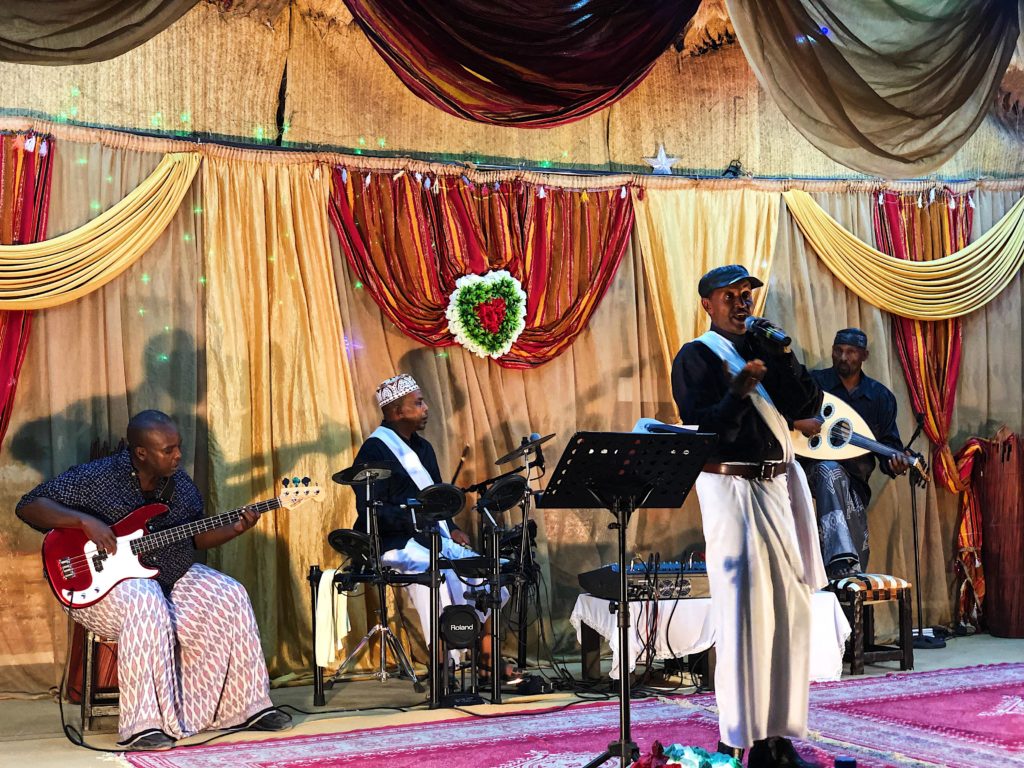
Qaraami Music at Hido-Dhawr
